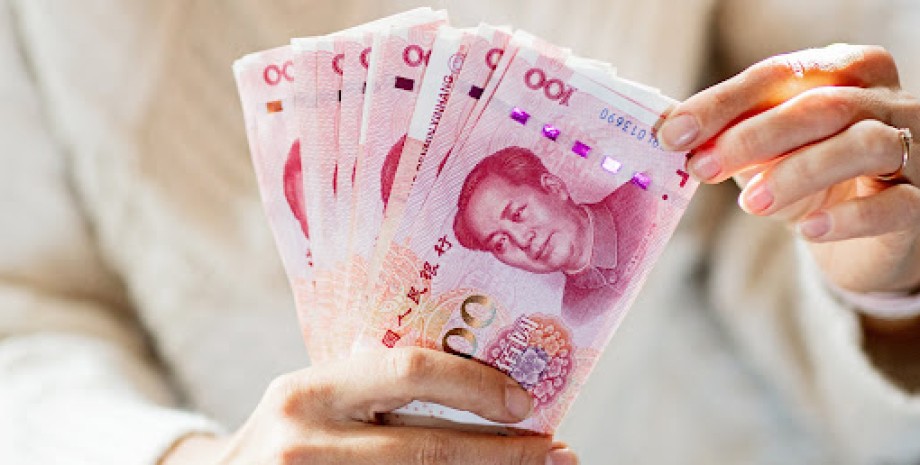
 By Victor Duda
By Victor Duda
Countries that continue business with Russia are faced with increasing US pressure, in particular because of the threat of secondary sanctions, which has become an effective brake for the later use of Yuan, Bloomberg writes. According to the publication, Moscow may be more likely to accept Yuan than Chinese banks. Financial institutions are scared by US secondary sanctions.
"The market indicates a deficit of yuan in Russia, as well as the reluctance of Chinese banks to give liquidity," the material reads. The gap in the rates on one -day loans in Yuani in Russia and China increased dramatically after the US Finance Minister Janet Ellen said in December last year that the United States, without hesitation, "take decisive and surgical measures against financial institutions that contribute to the supply of Russian military cars".
After that, the United States sanctioned secondary sanctions on foreign financial companies, and China's state banks intensified restrictions on financing Russian clients. According to the data of Chinese customs, in two years the volume of trade in the Russian Federation with Beijing has increased by more than 60%, to $ 240 billion. China benefits from buying Russian oil and other discount goods, while Russia receives access to a wide range of consumer and high -tech goods.
As a result, China became the main trading partner of Russia, and Yuan now accounts for about 40% of export and import payments of the Russian Federation and more than half of turnover in the Russian foreign exchange market, which made Moscow the greatest sponsor of Beijing to increase the role of yuan in international payments. The share of China's trade, designed in Yuan, continued to grow in the first quarter of this year, and 29%fell on Russia.
Russia's trade with China is almost completely conducted in Yuan, and Russia's exports in Yuan, as evaluations show, exceeds that it sells China, that is, other countries pay Russia in Yuan. However, in the first five months of 2024, the annual increase in the total trade between China and Russia has slowed to 3% compared to almost 42. 5% a year earlier, according to Bloomberg calculations based on China's customs data.
According to economists, the threat of secondary sanctions is a powerful restraining factor for some of the largest institutions of China in working with Russian counterparties. In addition, the use of Yuan Russia is mostly due to exports of Russian oil, while other countries are reluctant to accept Yuani as an import. And if oil prices remain at the same level, the same will happen with the trade of yuan in Russia.










All rights reserved IN-Ukraine.info - 2022